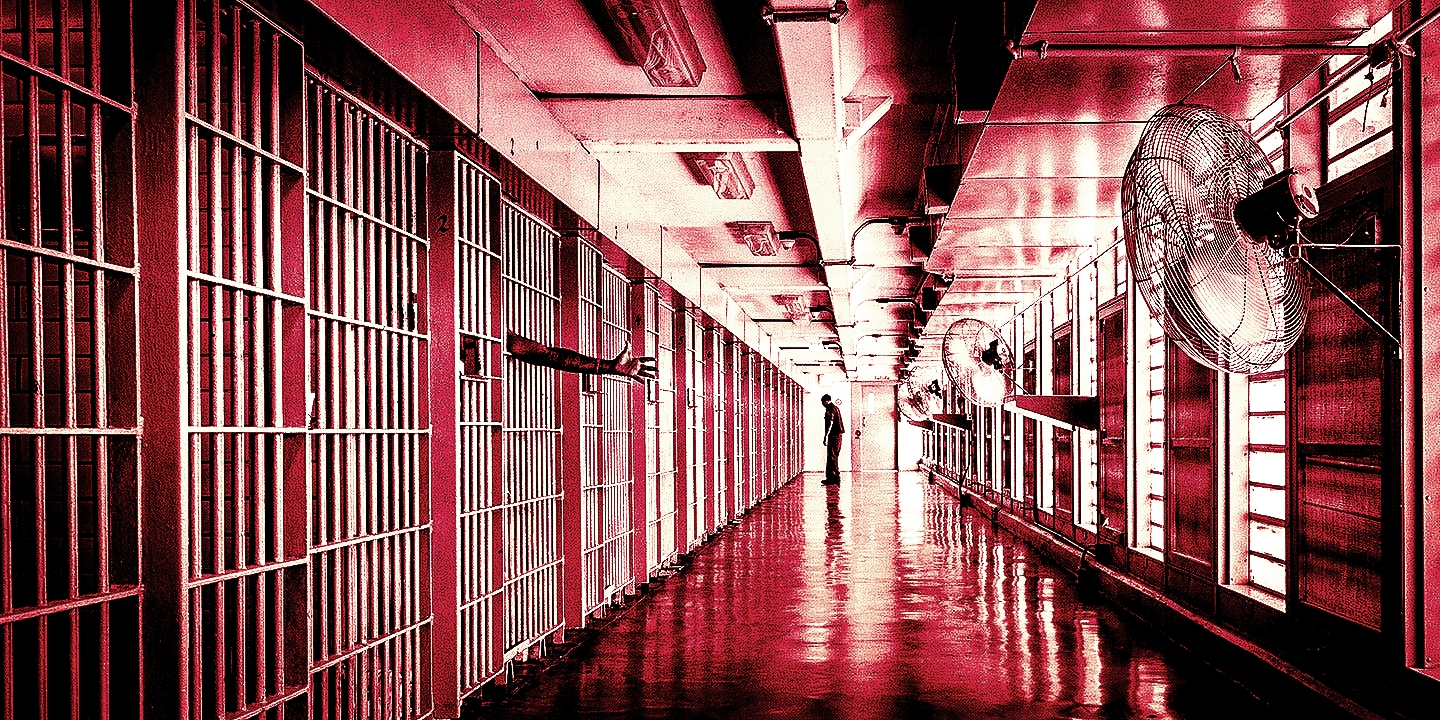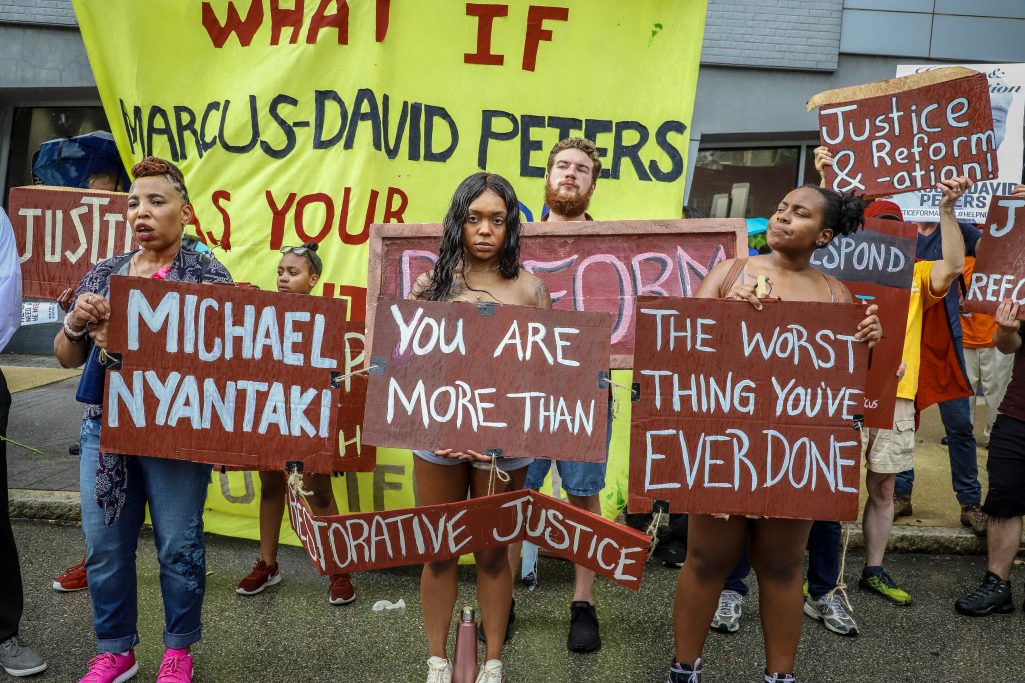For many QTPOC and BIPOC folks, there hasn’t been a space that genuinely meets their needs and priorities. The Collab Spot, a social justice-focused Black-centric community hub is opening its doors at the beginning of next year, hoping to change that. The Collab Spot,...





